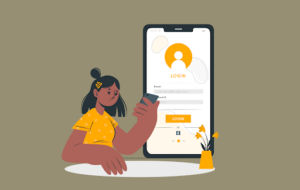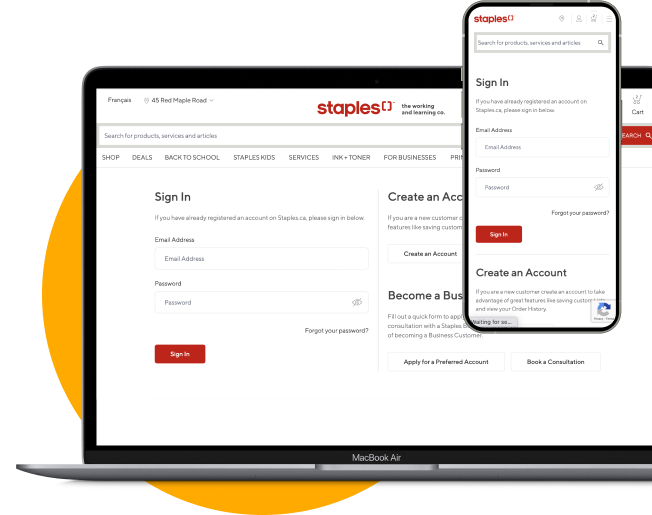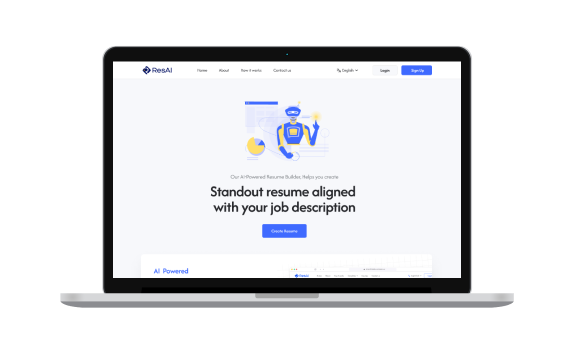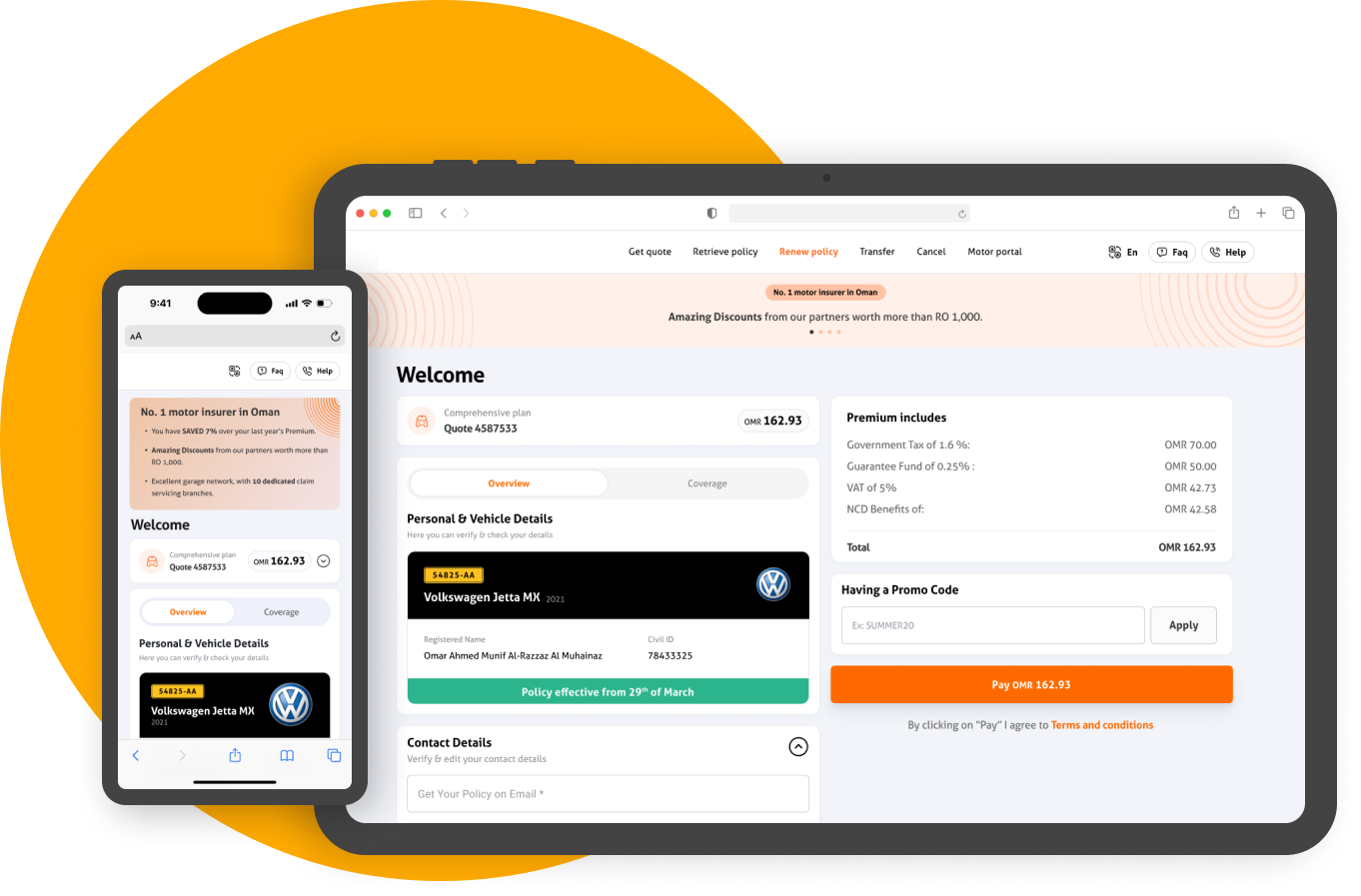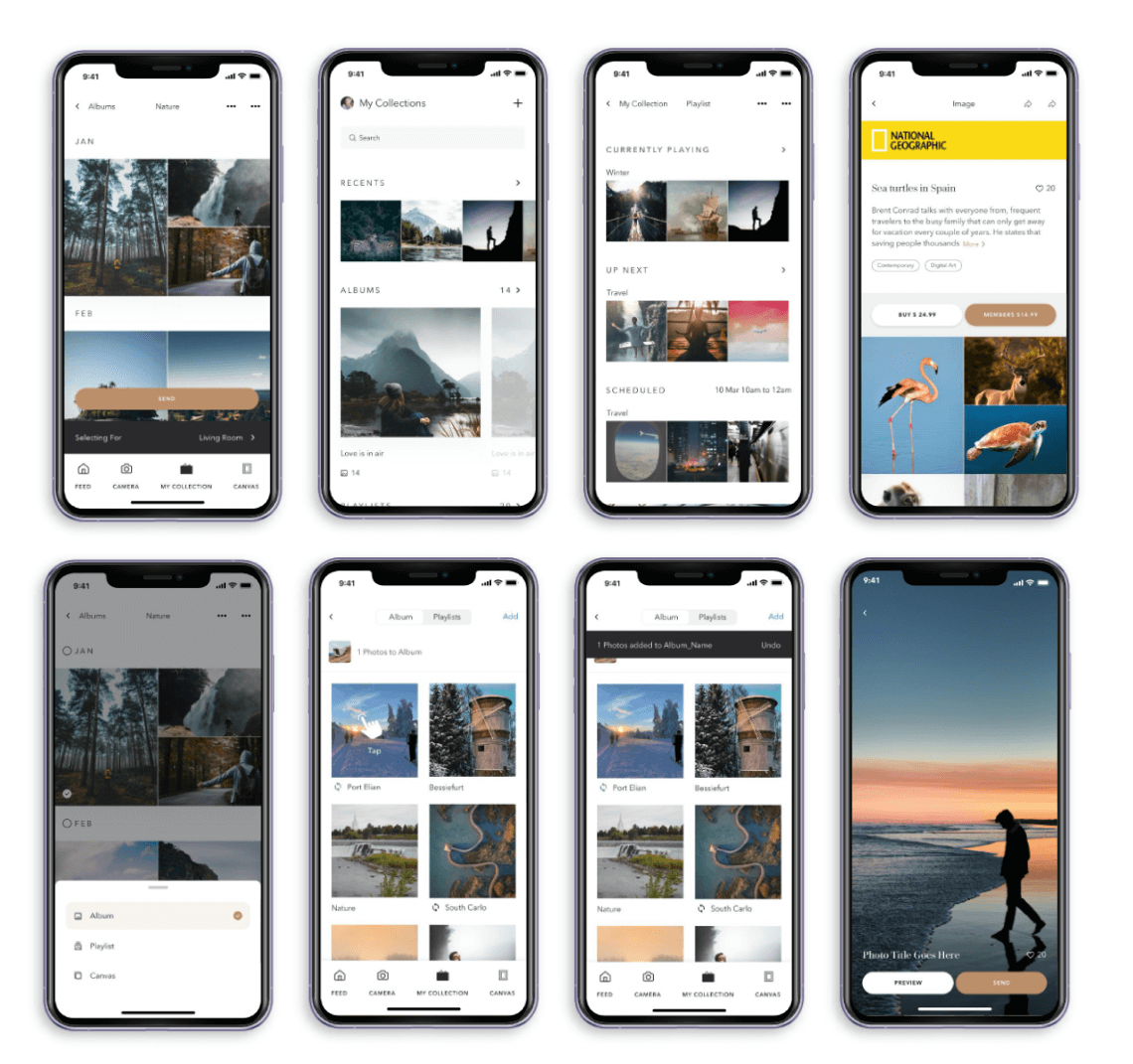In an industry that is often plagued by customer distrust and skepticism, designing for FinTech requires a significant shift in our standard design approaches. Trust is a commodity that’s challenging to earn and even harder to maintain, especially when dealing with people’s hard-earned money. However, through thoughtful UX strategies, we can build platforms that not only inspire confidence but also foster long-lasting relationships with users.
The foundation of trust-building in FinTech UX design lies in transparency. Transparency can manifest in many ways – from clearly stated fees and charges to offering a window into the back-end process of transactions. At our design agency, we prioritize making every stage of the user journey visible and understandable. In a recent project for a cryptocurrency trading platform, we introduced a feature that visually demonstrates the path a transaction takes from start to finish. This gave users a sense of involvement and understanding that previously felt lacking.
Personalization is another powerful tool in the UX designer’s kit. By tailoring user interfaces to the individual’s needs, we can make the user feel seen and understood. One of our successful implementations was an AI-driven personal finance management app. The app adjusted its advice and insights based on user spending habits and financial goals, creating a custom-tailored experience that fostered trust and loyalty.
Lastly, consistent and reliable performance is crucial in designing for FinTech. The slightest error or malfunction can drastically reduce user trust. In our work, we rigorously test our designs and their functionalities before deployment to ensure they are reliable and meet the high standards of the industry.
Final thoughts
In conclusion, designing for FinTech requires a thoughtful approach. With transparency, personalization, and reliable performance at the forefront of our design strategy, we can help FinTech companies build trust and maintain strong relationships with their users.
Galaxy UX Studio is uniquely positioned to provide comprehensive UX UI design and research services tailored to the specific needs of FinTech companies. Building upon the principles of transparency, personalization, and reliable performance outlined in the previous paragraph, our studio offers a suite of specialized solutions to address the challenges of the FinTech industry. We understand the criticality of consistent and trustworthy user experiences in this domain.
Our expert team diligently tests every aspect of the design and functionality, ensuring they meet the rigorous standards of the industry. By leveraging cutting-edge research methodologies, we gain deep insights into user behaviors, preferences, and pain points, allowing us to create interfaces that enhance user trust and engagement. Whether it’s optimizing the user journey for seamless onboarding, creating intuitive investment platforms, or refining payment processes, Galaxy UX Studio excels in crafting designs that foster user trust, helping FinTech companies thrive in an increasingly competitive landscape.










